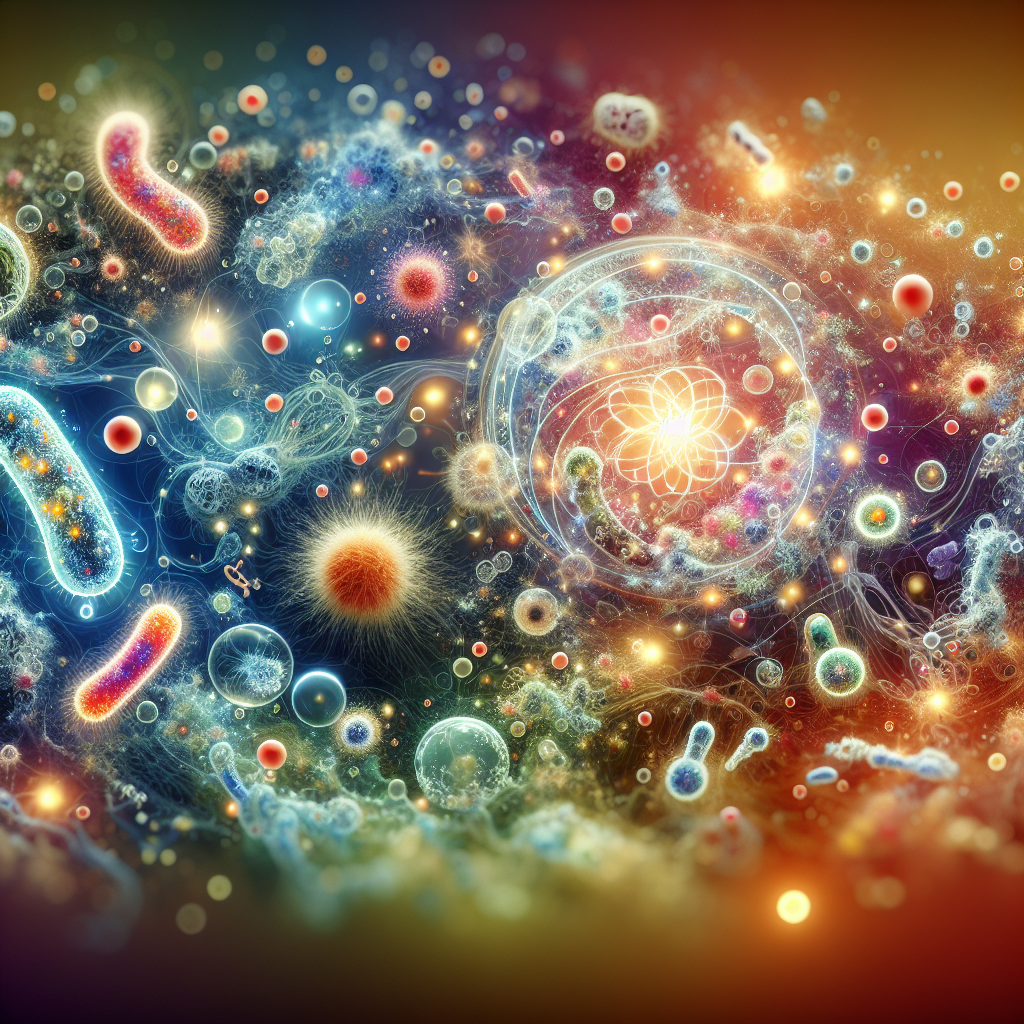The Rise of Microbiome Science
In recent years, microbiome science has emerged as a pivotal area of research with significant implications for health, agriculture, and environmental sustainability. This field studies the complex communities of bacteria, fungi, viruses, and other microbes that inhabit various environments, including the human body.
What is Microbiome Science?
At its core, microbiome science involves the examination of microbial communities and their collective genetic material in a particular environment. The human gut microbiome, which plays a critical role in digestion, immunity, and even mental health, is one of the most extensively studied areas. According to the National Institutes of Health (NIH), understanding the gut microbiome’s composition and functionality can lead to breakthroughs in treating diseases such as obesity, diabetes, and irritable bowel syndrome.
Microbiomes in Environmental Health
Beyond human health, microbiome science also explores how microbial communities influence environmental systems. For instance, soil microbiomes are essential for nutrient cycling and plant health. Research by the Nature Reviews Microbiology suggests that enhancing soil microbiomes can improve agricultural productivity and sustainability by reducing the need for chemical fertilizers and pesticides.
Challenges and Future Prospects
Despite its potential, microbiome science faces several challenges. One major issue is the complexity of microbiomes, which can vary greatly between different environments and even among individuals. Developing standardized methods for studying these communities is crucial for advancing this field. Further, the application of microbiome research in clinical settings requires careful consideration to ensure safety and efficacy.
Looking ahead, the future of microbiome science is promising. Advances in genomic and computational technologies are enabling more detailed and functional analyses of microbiomes. This could lead to personalized medicine approaches based on an individual’s microbial composition, potentially revolutionizing how we treat diseases and manage health.
As we continue to uncover the mysteries of microbial communities, microbiome science stands as a beacon of hope for sustainable solutions in health and environmental management. With ongoing research and technological advancements, the impact of microbiomes on our lives is only set to increase.


